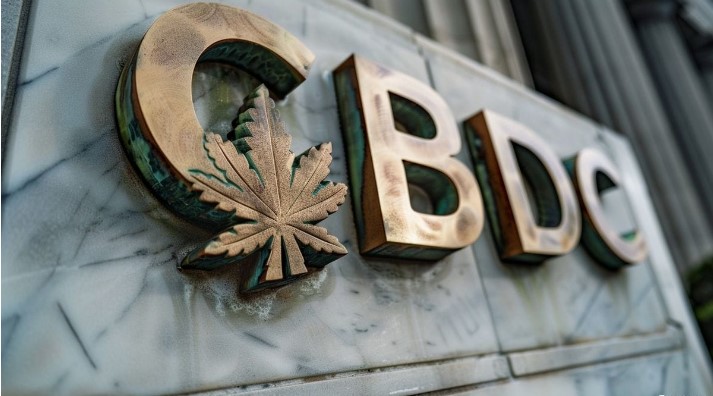The Senate approved the bill to prohibit central bank digital currencies (CBDCs) on Wednesday, with North Carolina securing the majority of ballots. The legislation has been forwarded to the Governor for ratification.
The state will be prohibited from participating in the Federal Reserve branch’s testing of any future CBDC if the legislation is enacted into law. Additionally, the measure would prevent North Carolina agencies and courts from accepting payments using CBDC.
The Senate voted 109-4 in favor of Bill 690 on Wednesday, as reported by the Carolina Journal. This represents an increase from the 39-5 vote that was tallied on Tuesday.
According to Sen. Brad Overcash, the legislation is intended to discourage the federal government from advancing the CBDC proposal. He also stated that the proposal would “threaten” the dollar, one of the primary global currencies.
According to Overcash, the bill effectively communicates to the government that North Carolina is not interested in establishing a CBDC.
“This would prevent our state agencies and courts from accepting a central bank digital currency, as well as from participating in a pilot project if one were to be initiated by any of the Federal Reserve Banks.”
Sen. Overcash informed the Journal that this represents an “important step” in preserving the stability of the US financial sector.
US Policy Makers Against Federal-Issued CBDCs
In May, Majority Whip Tom Emmer proposed the “CBDC Anti-Surveillance State Act” to prevent the US central bank from continuing its efforts to develop a digital dollar. The act expressed apprehensions regarding the potential for a US CBDC to exert control over Americans.
During a March federal Senate Banking Committee hearing, Fed Chair Jerome Powell stated that the United States is “far from” implementing a CBDC in any capacity.
In addition to North Carolina, the Florida legislature and Governor Ron DeSantis have been particularly vocal in opposing a CBDC. CBDCs were prohibited in the state by a bill he signed last year.



